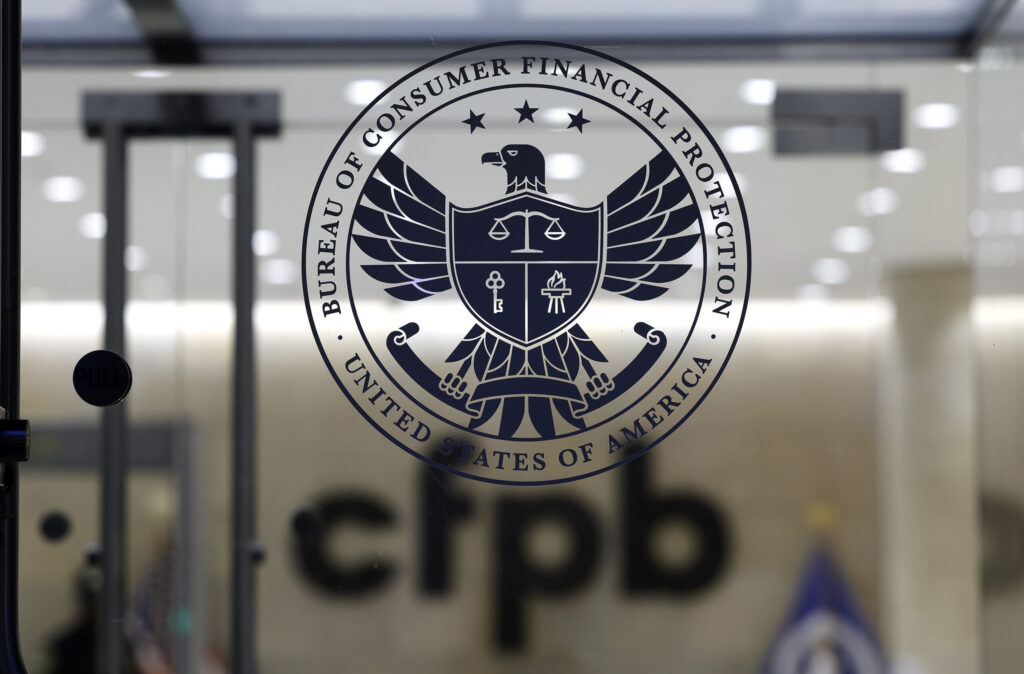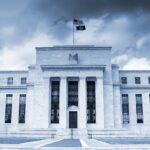A new U.S. report revealed the turmoil that the Consumer Financial Protection Bureau (CFPB) has encountered thus far in 2025, which some experts suggest is unprecedented among federal agencies.
A large portion of the agency’s staff has been targeted for termination by the Trump administration. The financial watchdog’s day-to-day activities have apparently slowed considerably in the interim. Per the report, one aggressive action being taken by the CFPB: The dismissal of cases.
New data from the U.S. U.S. News & World Report revealed how the CFPB has been dismissing lawsuits and reversing settlements under the Trump administration, highlighting some of the largest cases it has dropped and what this may mean for consumers going forward. According to senior CFPB officials, the agency is only correcting enforcement actions from the Biden period that were never warranted in the first place. Consumer activists contend that the CFPB has effectively given up on its duty to defend consumers.
According to a recent analysis by consumer groups, the CFPB has withdrawn at least 22 pending enforcement proceedings against businesses it had accused of financial misconduct so far this year. Additionally, it has overturned several settlements in which businesses had previously consented to reimburse impacted customers.
Prior to this year, these acts were practically unheard of at the bureau.
Changes in U.S. Policy & Power Affecting Consumers
According to Eric Halperin, the former Head of Enforcement at the CFPB, who resigned in February after acting CFPB Director Russell Vought issued an agencywide stop-work order, the agency had never terminated a settlement and had only once dropped a pending enforcement action in its approximately 14-year history prior to 2025.
“Although I certainly expected changes in the bureau’s priorities, I did not expect that they would take these actions, which really are without precedent,” says Halperin. “Then you get to the undoing of settlements, which has simply never been done before.”
According to a recent analysis co-authored by Halperin, a visiting senior fellow at the Consumer Federation of America, an estimated $360 million in consumer debt is either lost or in jeopardy as a result of settlements. When you include the outstanding lawsuits that were withdrawn, he claims, “that’s potentially over $3 billion in harm to consumers that will never be redressed.”
The CFPB has provided little to no reason for many of the dismissals. This has caused some onlookers to wonder how much thought goes into some of the choices. In an interview with U.S. News & World Report in May, the bureau’s first head, Richard Cordray, stated that it seemed the CFPB was being “almost mindlessly broken in some instances.”
Although current bureau officials admit they don’t often discuss cases in public, they take offense at the idea that they aren’t giving their discarded cases a thorough examination.
They claim that soon after Vought took over as director of the CFPB in early February, the bureau’s new leadership requested that bureau employees give a briefing on all ongoing cases, and the CFPB carefully examined each one. According to CFPB insiders, Biden’s CFPB was overly strict with enforcement and many of the enforcement actions were deemed unwarranted.
“The CFPB has been weaponized against the American people and industries that serve them,” says CFPB spokesperson Rachel Cauley. “As part of President Trump’s overhaul of this abusive agency, we have reviewed, and where appropriate, dismissed investigations and cases that went after disfavored industries and companies – including cases claiming racial discrimination where no evidence of discrimination exists. In going after companies they didn’t like, the CFPB ended up actually harming the consumers they claim to protect. We are giving the power back to the American people and trying to correct everything Biden and Chopra and Elizabeth Warren’s CFPB messed up.”
According to former bureau personnel, the effects of the enforcement easing extend beyond the monetary amounts involved in the cases. According to them, it will probably allow certain businesses to conduct in a potentially dishonest manner with minimal fear of punishment.
“Every time we fixed a problem for a consumer and got them back money, it also deterred that company from doing that same thing again and maybe repeatedly to many other consumers who didn’t even know that they would have been harmed because they never were,” Cordray said.
To learn more about some of the major cases and settlements the CFPB has dismissed, as well as several current deals that may be revoked before consumers are compensated, click here.






